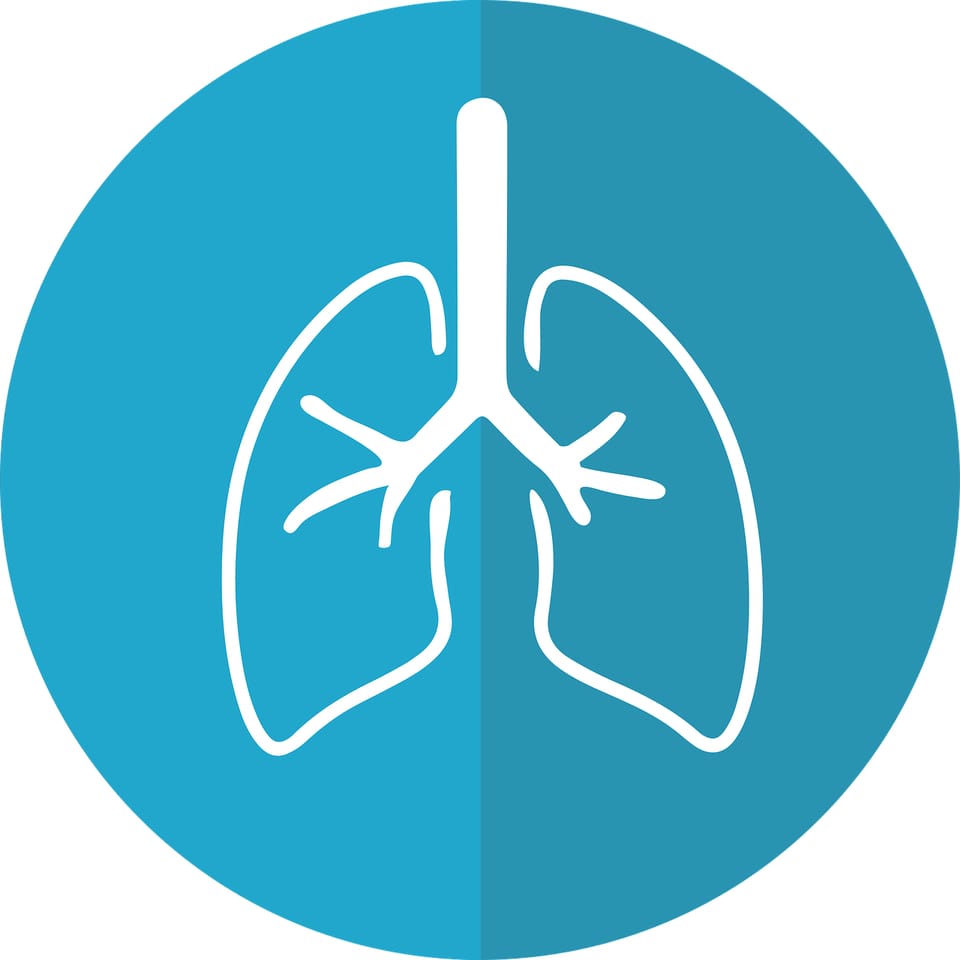
Are you wondering if now is a good time to get tested for lung cancer, even if you’re not currently experiencing any symptoms? Getting a screening early is a good idea to make sure you’re healthy or identify potential cancer before it spreads.
Standard lung screening guidelines have changed as of 4/1/2022. For more information visit "Lung Screening Guidelines Changes in 2022"
Early testing is the best.
If you are at high risk for lung cancer, the best time to be tested is before you experience symptoms. Lung cancer is the leading cause of cancer death worldwide, with just about one in five patients surviving at least five years after diagnosis. This is in large part due to the fact that most lung cancers are found only after they have progressed beyond the lungs. While fewer than six percent of patients survive five years after diagnosis with lung cancer that has spread to distant parts of the body, 59% of patients diagnosed with localized lung cancer reach this milestone. By getting tested before symptoms appear, you increase the odds that any developing cancer will be found early, when treatment can be most effective.
Screening helps detect cancer early.
Testing for an illness in people who don’t show symptoms is referred to as screening. Screening tests are not available or advised for all types of cancer, but they are widely recommended for common types of cancer for which screening has been proven to reduce mortality, such as colorectal, prostate, cervical, and breast cancer. While lung cancer screening is not recommended for most people, the US Preventive Services Task Force (USPSTF) recommends annual low-dose CT lung screening (LDCTLS) for current and former smokers who are at high risk due to the following criteria:
- Aged 55 to 80
- Currently smoke or quit within the past 15 years
- Have a 30-pack per year smoking history (for example, one pack per day for 30 years or two packs per day for 15 years)
Generally speaking, medical insurance policies will typically cover individuals who meet these criteria. If you’re considering lung cancer screening, however, check with your insurance provider to determine the specific coverage that is available to you.
What is low-dose CT lung screening?
LDCTLS is the only screening test recommended for lung cancer screening. It uses computed tomography, commonly known as CT, which can quickly produce three-dimensional images of the lungs that a radiologist can then examine in fine detail. LDCTLS uses 60% less radiation than a traditional chest CT exam, and the test is painless and noninvasive.
How effective is the test?
In 2011, researchers published the results of the National Lung Screening Trial, which compared low-dose CT scans with standard chest X-rays as cancer screening tools in more than 53,000 high-risk individuals. The data showed that participants who underwent the low-dose CT scans were 15–20% less likely to die of lung cancer than those who were screened with traditional X-rays. Low-dose CT was able to identify more cancers overall and to reveal cancers earlier than two-dimensional chest X-rays.
What should I expect if I get LDCTLS?
The scan is quick and simple. No contrast solution is used for this test. The technologist will take a medical history and ask you to remove all jewelry prior to the exam. You’ll lie on your back on the exam table as the images are taken. The scan itself takes just about 10 minutes of your 30-minute appointment time.
If you think LDCTLS may be right for you, talk to your primary care provider about the potential risks and benefits. For more information about screenings or other ways to monitor and improve your health, subscribe to our blog.
Resources
Cancer Stat Facts: Lung and Bronchus Cancer. Cancer.gov. https://seer.cancer.gov/statfacts/html/lungb.html. Accessed May 14, 2020.
Cancer. World Health Organization. https://www.who.int/news-room/fact-sheets/detail/cancer. Published September 12, 2018. Accessed May 14, 2020.
National Lung Screening Trial. Cancer.gov. https://www.cancer.gov/types/lung/research/nlst. Updated September 8, 2014. Accessed May 14, 2020.



